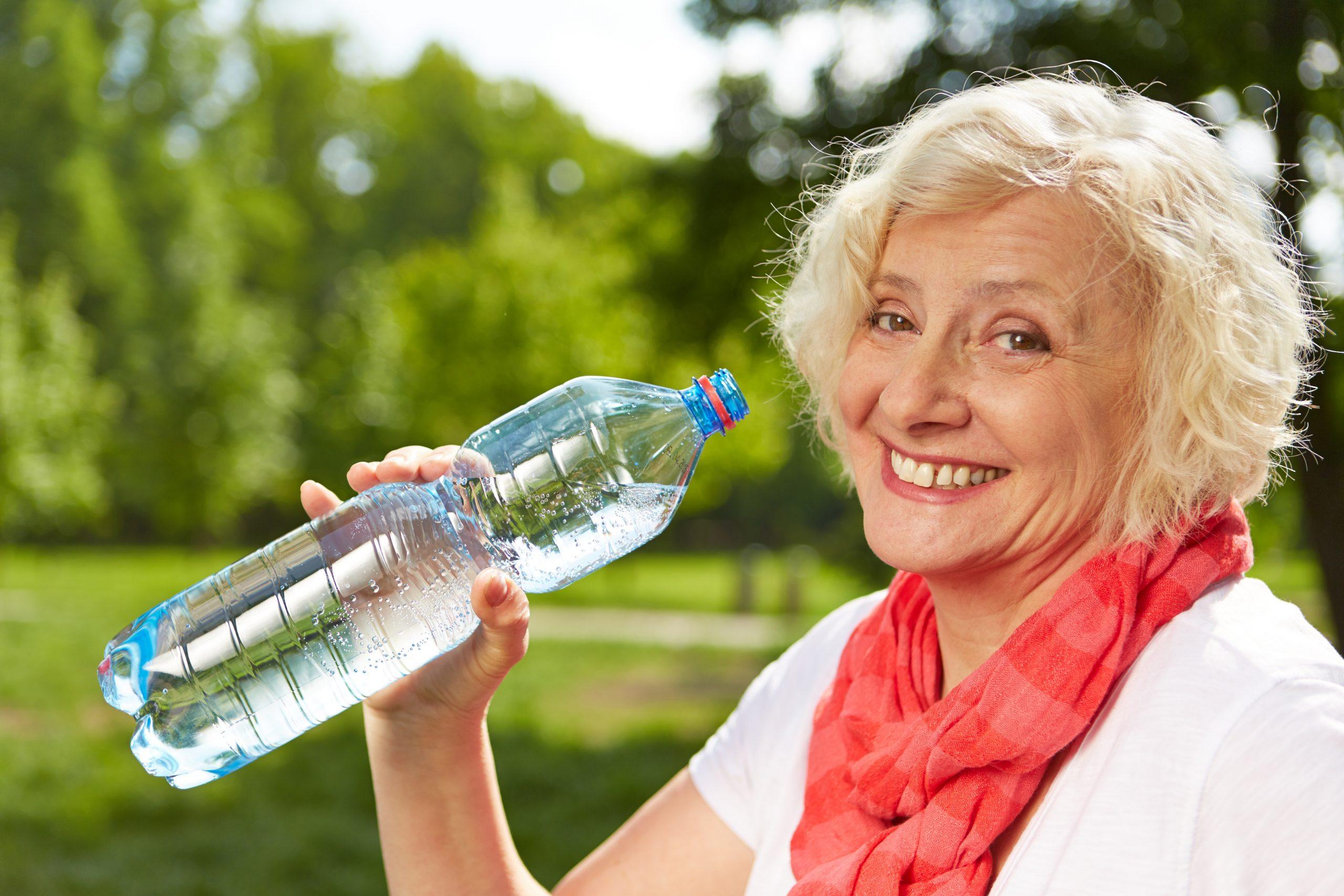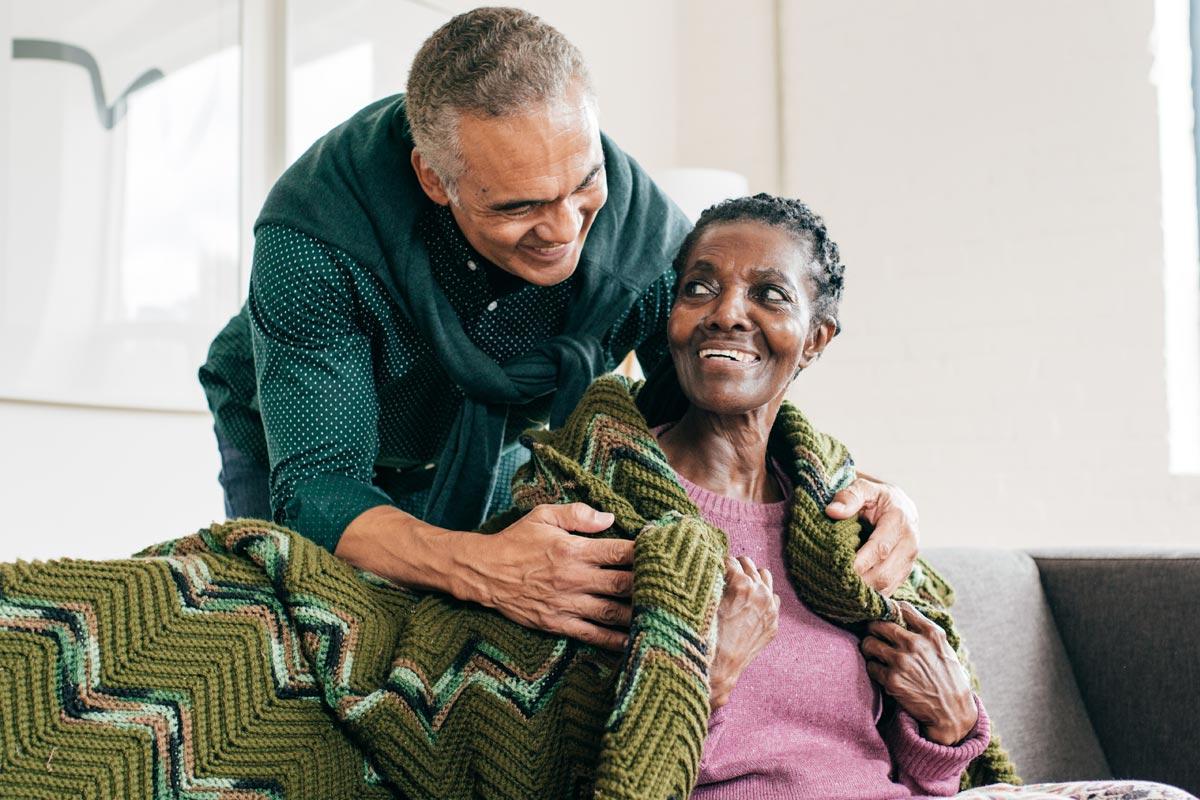1. Winter: Stay Warm and Safe
Winter can be harsh on seniors, making it crucial to take extra precautions during this cold season.
- Dress in Layers: Seniors should wear multiple layers of clothing to maintain body heat. Ensure they have warm, insulated clothing, including hats, gloves, and scarves.
- Prevent Falls: Icy sidewalks and driveways increase the risk of falls. Ensure walkways are clear of ice and snow, and consider installing handrails for added support.
- Stay Hydrated: Even in cold weather, dehydration is a risk. Encourage seniors to drink plenty of water, even if they don’t feel thirsty.
- Flu and Pneumonia Vaccinations: Winter is flu season, and seniors are particularly vulnerable. Ensure they are up to date on their flu shots and consider pneumonia vaccination as well.
2. Spring: Allergies and Renewal
Spring is a time of renewal, but it also brings allergens that can affect seniors.
- Manage Allergies: Pollen can trigger allergies. Keep windows closed on high pollen days, and consider using air purifiers indoors.
- Spring Cleaning: Decluttering and cleaning can improve indoor air quality. However, seniors should avoid strenuous activities and get assistance with heavy lifting or reaching high places.
- Outdoor Activities: Warmer weather is perfect for outdoor activities. Encourage walks in the park or gardening, but ensure they wear sunscreen and protective clothing.
3. Summer: Beat the Heat
Summer's heat can be dangerous for seniors, so it's vital to keep them cool and hydrated.
- Stay Hydrated: Seniors should drink plenty of water throughout the day. Avoid caffeinated and alcoholic beverages, as they can cause dehydration.
- Air Conditioning: Ensure their home is well-ventilated and has air conditioning. If they don’t have air conditioning, consider spending time in air-conditioned public places like malls or libraries during peak heat.
- Sun Protection: Apply sunscreen with at least SPF 30, wear wide-brimmed hats, and stay in the shade to prevent sunburn.
- Avoid Strenuous Activities: Encourage seniors to stay indoors during the hottest parts of the day, typically between 10 a.m. and 4 p.m.
4. Fall: Prepare for Cooler Weather
Fall is a time to prepare for the upcoming winter and take advantage of cooler weather.
- Get a Flu Shot: Early fall is the best time for seniors to get vaccinated against the flu.
- Light Exercise: Cooler weather is ideal for walking or light outdoor activities. Encourage regular exercise to maintain mobility and strength.
- Home Safety Check: Prepare the home for winter by checking heating systems, ensuring smoke detectors are working, and securing any loose rugs or items that could cause falls.
- Balanced Diet: With the availability of fresh produce, fall is a great time to focus on a balanced diet rich in vitamins and minerals to boost immunity.
Conclusion
Seasonal changes require careful attention to the health and safety of seniors receiving home care. By following these seasonal health tips, you can help ensure that your loved ones remain healthy and comfortable throughout the year. Always consult with a healthcare professional or home care provider to tailor these tips to individual needs.
For more information on how to care for seniors in every season, contact our home health care agency. We're here to help you provide the best care for your loved ones, no matter the season.












